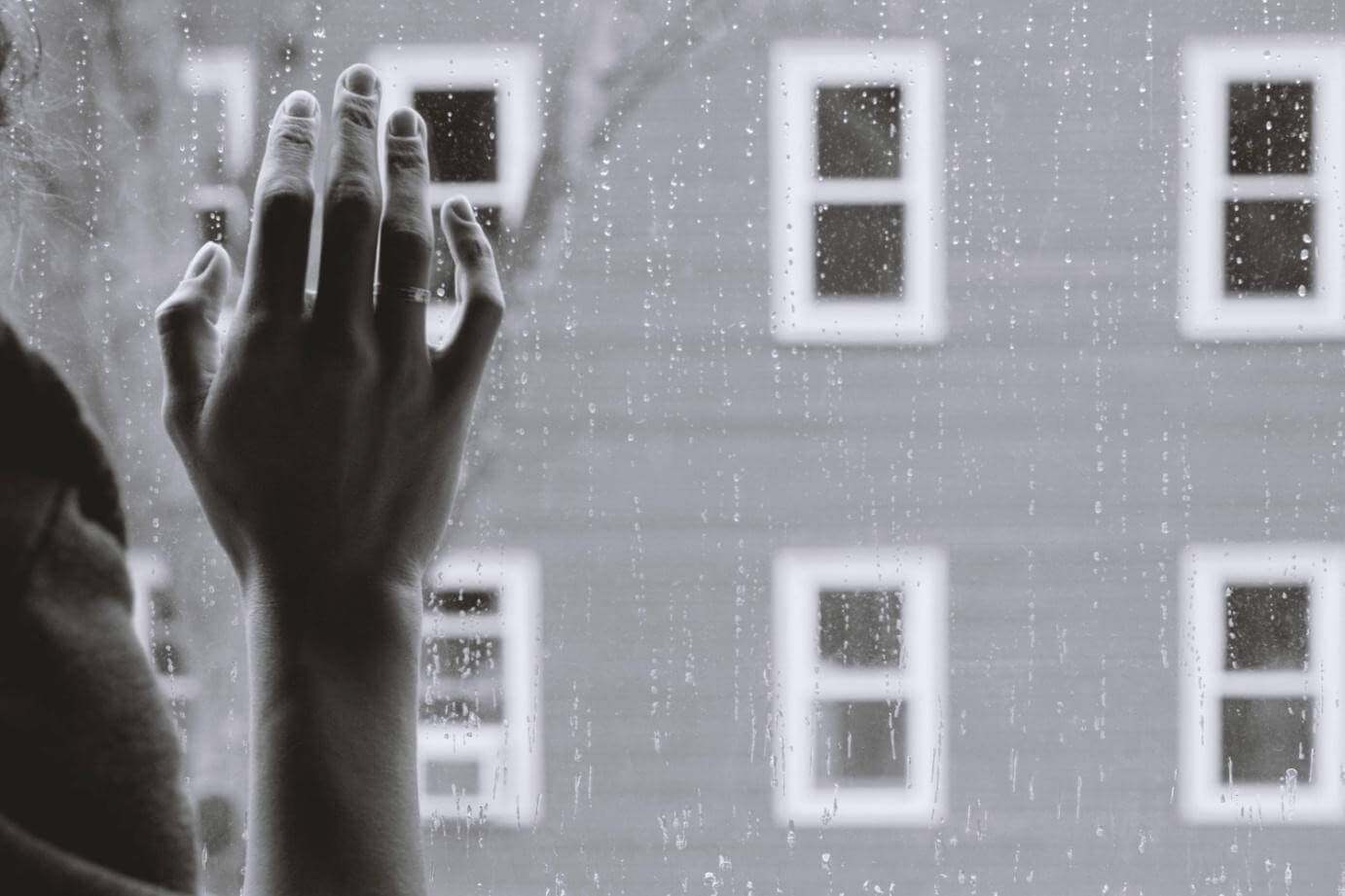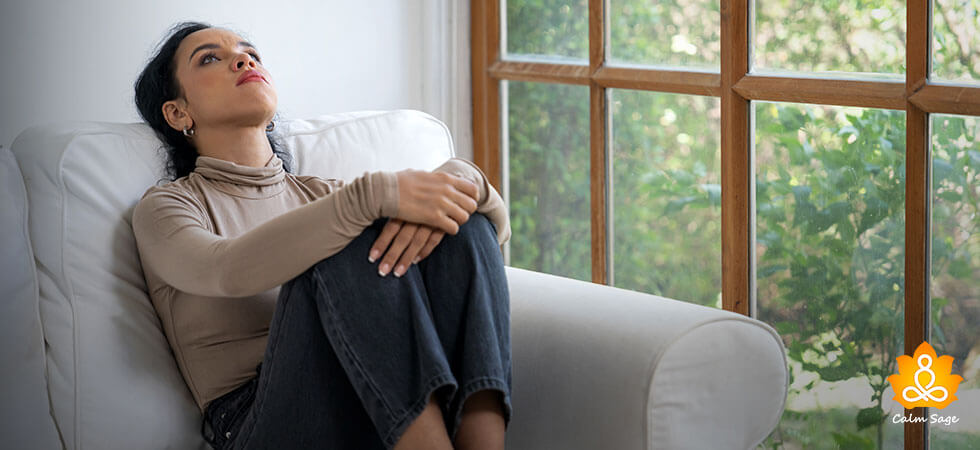Atypical Depression: Symptoms, Causes & Treatment

Atypical depression is a kind of a secondary form of major depressive disorder (MDD) or dysthymia (persistent depressive disorder). This disorder is similar to other depressive disorders with uncommon characteristics.
This disorder affects a person’s thoughts, feelings, and behaviour. Atypical depression makes a person to lose interest in things they once enjoyed doing. This may cause interference in a person’s daily activities resulting in mental and emotional unrest.
Symptoms Of Atypical Depression
The symptoms of atypical depression may differ from person to person but are usually similar to major depressive disorder. The symptoms could be:
- The feeling of hopelessness and prolonged sadness
- Feeling anxious and irritable
- Sleep disorders like insomnia or hypersomnia
- Loss of interest or pleasure in activities
- Trouble concentrating
- Loss of energy
- Tiredness and fatigue
- Thoughts of suicide
Other than these symptoms, a person may also experience atypical features such as:
- Temporary mood swings
- Weight gain or weight loss
- Increase in appetite
- Physical aches and pains
- Extended periods of sleeping
- Extreme response to criticism
Causes Of Atypical Depression
The causes of atypical depression are similar to that of clinical depression or other depressive disorders. Some common factors of developing atypical depression are:
- Emotional or physical abuse
- Loss of a loved one to death
- Substance abuse
- Pre-existing illness or mental health disorders
- Family history or genetics
- Imbalance in brain chemicals
Treatment Of Atypical Depression
1. Therapy/Counseling

This treatment technique focuses on talking with a trained therapist or counselor, regularly. This method helps a person with atypical depressive symptoms to express their feelings, identify the negative thoughts and feelings, and to learn a healthy coping medium.
2. Lifestyle Changes

To help treat symptoms of atypical depression, a person can do the following:
- Avoid the use of substances such as alcohol or recreational drugs
- Exercising regularly; yoga, meditation, nature therapy are helpful
- Getting at least 6-8 hours of sleep each night
- Practicing deep breathing exercises and relaxation techniques
- Taking natural supplements like omega 3, vitamin B, and magnesium*
*Check-in with a physician for allergies and dietary requirements before taking any supplements.
3. Medication
Antidepressants such as selective serotonin reuptake inhibitors (SSRIs) work best for depressive symptoms. But medications have different outcomes for different people. It is recommended that a person consult a physician before taking any kind of antidepressant or anti-anxiety pills. There are side effects of medication and it is not safe for children, teenagers, people already on other medications, and pregnant women.
Final Word
Atypical depression is similar to other depressive disorders but there are effective treatments available for it. If you or your loved one exhibits the symptoms of atypical depression don’t hesitate to ask for help from a professional healthcare provider.
If a person with atypical depression is uncomfortable with the above-mentioned treatments, they can also try the following:
- Maintain a daily journal
- Planning their day ahead of starting it
- Participate in activities such as metta meditation, pet therapy/meditation
- Being around people they trust and love
- Join various support groups, online or offline
Living with any kind of depression is not an easy task but it is also not impossible to fight your way through it. You need to stay strong and look at the bright side of things even when the gloomy things are overpowering.
“Pause your life if you need to, care for yourself lovingly, do not ignore your rest, slow down so you can take a deep breath.” – Yung Pueblo





















